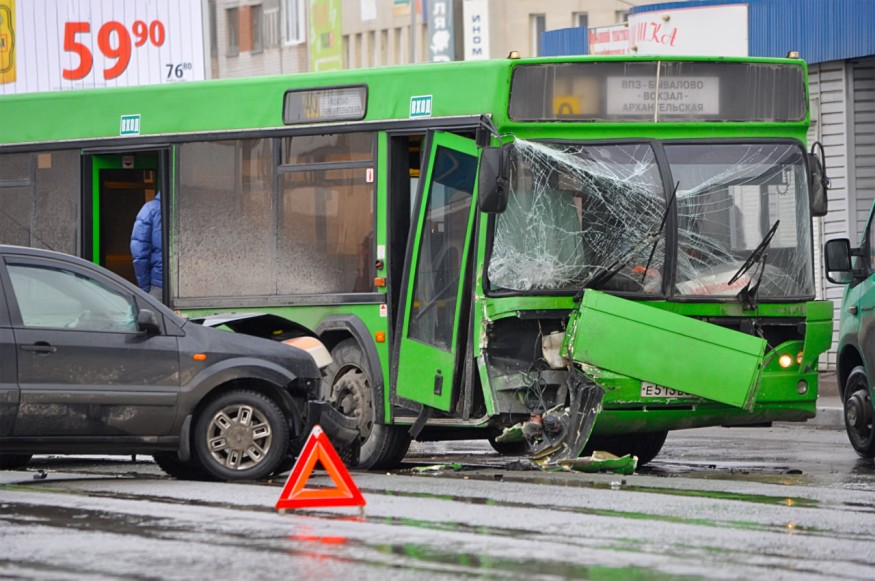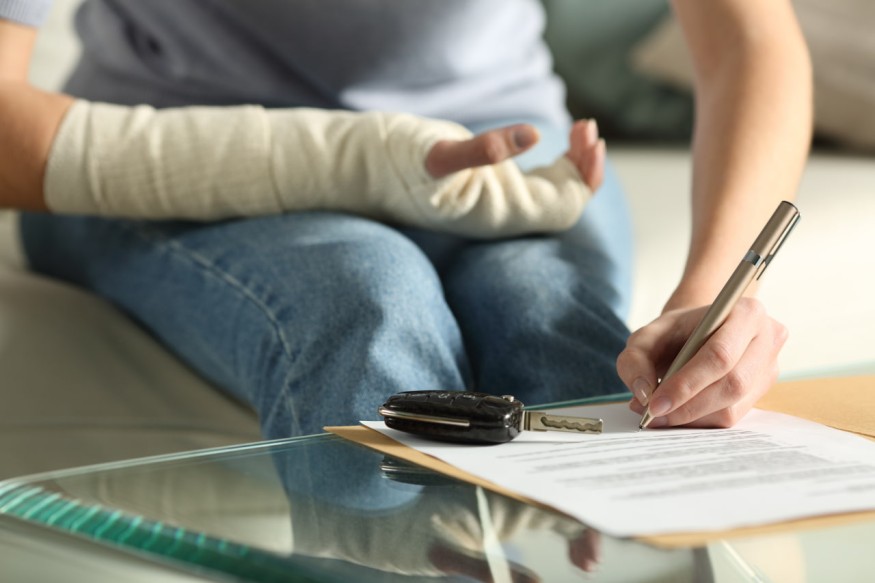How To Seek Compensation From A Bus Accident Injury

Getting into a vehicle accident can be a traumatic experience, much more if it involves a bus. Bus accidents are generally more dangerous than car collisions, especially since they're large vehicles and cause significant damage and injuries.
Whether you're a bus passenger, cyclist, or another motorist, you can file a compensation claim for the damage you suffered, such as hospital charges, lost earnings, and property damage. However, in most cases, the legal process of bringing a claim against the at-fault bus driver's company or insurer can be overwhelming, especially if you're unsure of what to do next.
To help ease your worries, this article outlines steps to seek compensation following a bus accident.
1. Hire A Lawyer
Some people often consider getting legal counsel to help them seek compensation following an unfortunate bus accident as an expense. Therefore, some choose to represent themselves in the process. However, hiring a personal injury attorney is best due to the complex nature of personal injury claims.
Here's a look at how working with a legal professional can be beneficial in your case:
They have the expertise and knowledge of the law to guide you on your next steps when navigating your case.
They can help you determine who caused the accident or who should be liable by reviewing case reports. This is important since determining who is at fault and establishing negligence are essential in personal injury claims.
They can represent you when communicating with other parties, such as the bus company or insurer.
They can assess your case's value based on your case's facts and negotiate a fair settlement on your behalf.
A lawyer can best assist you in building your case against the at-fault party and getting a favorable result.
2. File A Notice Claim

Bus accidents can be more complex than other motor vehicle accident cases, especially if you plan to file a claim against public-owned or operated buses. In such cases, special procedural requirements are needed. For instance, you must submit a written notice to the government to inform them of your intent to request compensation. It's worth noting that filing a notice is essential, especially since the court may dismiss your case if you file a lawsuit against the bus driver or company without submitting a notice of claim to the government first.
Generally, the requirements and the statute of limitations or the timeframe for filing your case vary between states, so ensure you check your local government or consult your lawyer.
On the other hand, if the bus is privately owned, the same process is followed as with other motor accidents, negligence, or personal injury cases.
3. Gather Evidence
The success of your bus accident claim will depend on the information or evidence you provide corroborating your side. With sufficient evidence, you can strengthen your case and boost your chances of getting the best possible outcome.
Evidence for personal injury claims can be in the following form:
Medical records and bills: Apart from attending to your injuries and ensuring your health, there's another important legal reason you should visit a hospital following a bus accident. Medical reports from your doctor are evidence of the injuries you sustained. You can also use medical bill statements when computing the case's total value or compensation amount.
Photos and videos of the accident scene: If your injuries allow you, it's best to take photos and videos of the scene and the vehicles involved. Documenting the incident can help establish what happened and determine whose party is at fault, and at the same time, prove the extent of damage sustained due to the collision. You can take photos of your damaged vehicle or even visible injuries on your body. It can also help if you get surveillance footage of the area.
Police report: A police report is a legal document that outlines a summary of the accident, which also includes essential details like the time and date of the incident, location, passenger information, a diagram or sketch of vehicles placement at the time of the accident, and road and weather conditions. Getting a copy of this report can help strengthen your case and prove the bus driver or other parties' negligence.
Statements of witnesses: Getting statements from witnesses or bystanders within the area during the incident can also help your case. They can help establish the timeline and what happened, plus corroborate your story.
Proving negligence is key to winning a personal injury case. And with sufficient evidence, you can prove the accident's circumstance, helping you get the compensation you deserve.
Takeaway
Being involved in a car accident can already be traumatizing, not to mention the process of filing a claim can also be stressful and overwhelming. With the help of legal professionals, you can be guided on what to do next and increase the chances of a more favorable outcome for your case. Moreover, don't forget to submit a notice claim within the statute of limitations to avoid forfeiting your case and gather the necessary evidence.
Hopefully, the insights above can help you get the compensation you deserve.
Subscribe to Latin Post!
Sign up for our free newsletter for the Latest coverage!















